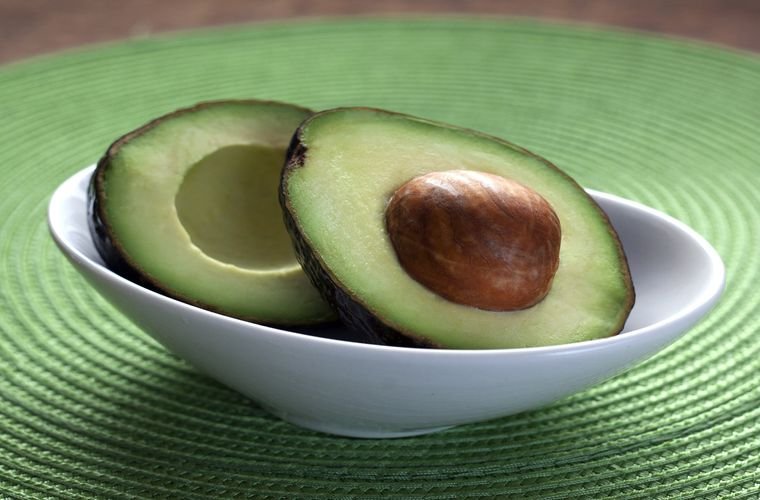From guacamole to smoothies, avocados are often equated with summer and parties, but also with healthy diets. This food has become even more popular recently, as individuals from chefs to dietary influencers experiment with new ways to cook and eat avocado.
Yet while avocados already give health benefits, new research from the American Heart Association reveals that eating two or more servings of this food a week is linked to a lower risk of cardiovascular disease and heart disease.
Background: What Makes Avocados So Healthy?
There are many contributing factors that give avocados their health benefits. They contain dietary fiber, keeping the digestive system regular. They also are composed of monounsaturated fats, considered healthy fats, which help reduce bad cholesterol levels in the blood. These health benefits may even translate to other avocado products, like avocado mayonnaise or avocado oil. The researchers hoped to see a link between these products and a lower risk of heart disease with these important benefits.
Analysis: Following Food Eaters
Because heart disease is the leading cause of death in the U.S., finding easy ways to lower the risk of this disease is important. To see how avocados and avocado products impacted this risk factor, the researchers followed over 68,000 women ages 30 to 55 years old and over 42,000 men aged 40 to 75 years old from two separate study groups. The individuals started the study free of cancer, heart disease, and stroke. Over the years of the study, the researchers gave the participants questionnaires about their food intake, finding the differences in eating, such as avocado consumption, between individuals.
From their analysis, the researchers found that individuals who ate two servings of avocado a week (around one cup of avocado), had a 16% lower risk of cardiovascular disease and a 21% lower risk of heart disease compared to those who rarely ate avocados. The researchers also found that replacing half a serving of butter, eggs, yogurt, cheese, or bacon with avocado every day was associated with a 22% lower risk of cardiovascular disease events. This replacement could also include avocado products depending on how much avocado they contain. According to the lead author of the study and a postdoctoral research fellow at Harvard University, Lorena S. Pacheco, Ph.D., M.P.H., and R.D.N: “Our study provides further evidence that the in-take of plant-sourced unsaturated fats can improve diet quality and is an important component in cardiovascular disease prevention.”
Outlook: A Shift in Medical Advice
The researchers are hopeful that physicians will utilize the results of their study to advise patients on eating healthier. Giving a suggestion to “replace certain spreads and saturated fat-containing foods, such as cheese and processed meats, with avocado, is something physicians and other health care practitioners such as registered dieticians can do when they meet with patients, especially since avocado is a well-accepted food,” explained Pacheco. This study helps to reiterate why eating healthy, or following certain diets (like the Mediterranean diet) can be so beneficial to a person’s overall health.
Kenna Castleberry is a staff writer at the Debrief and the Science Communicator at JILA (a partnership between the University of Colorado Boulder and NIST). She focuses on deep tech, the metaverse, and quantum technology. You can find more of her work at her website: https://kennacastleberry.com/

